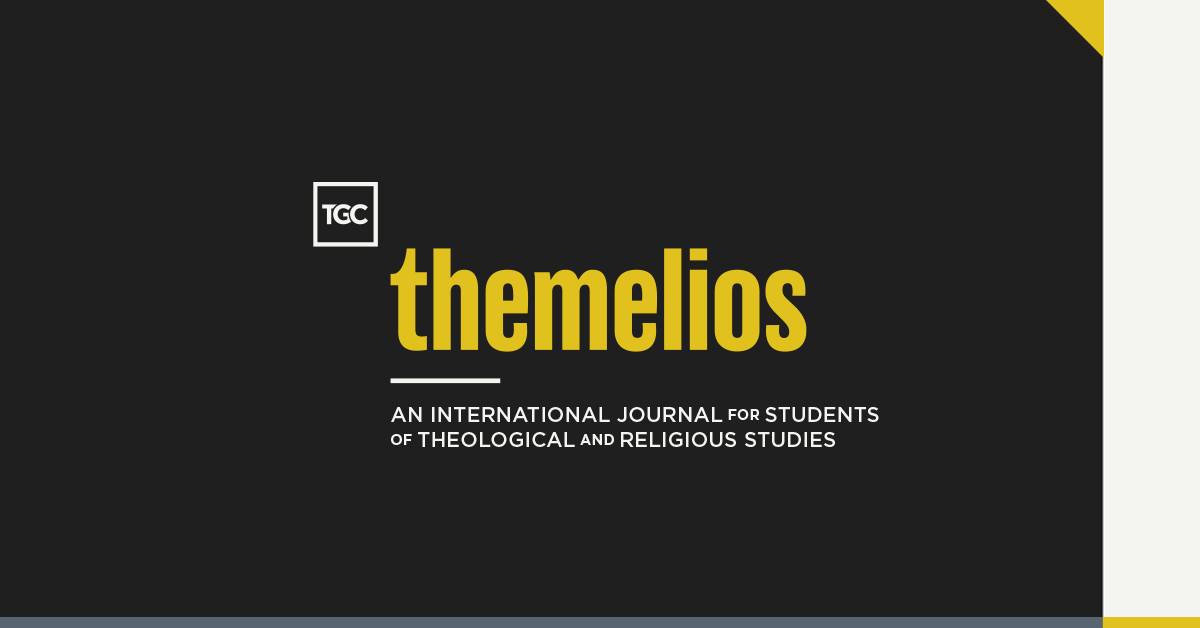- Feb 5, 2002
- 185,016
- 67,782
- Country
- United States
- Gender
- Female
- Faith
- Catholic
- Marital Status
- Married
- Politics
- US-Others
‘There are two Biblical ways of looking at salvation. One says that only Christian believers will be saved: the other says that all men will be saved. Since the latter is more loving, it must be true, because God is love.’ This argument (though the words are mine) is regularly used by university teachers of my acquaintance to persuade undergraduates to accept ‘universalism’ in its most common form—the belief, that is, that God will save all men individually. It explicitly plays off passages of scripture which appear to support it (Romans 5:12–21, 11:32, 1 Tim. 2:4, 4:10, John 12:32, etc.) against those which quite clearly do not (Romans 2:6–16, Matt. 25:31–46, John 3:18, 36, 5:29, etc.). I have argued against this view elsewhere, at a more systematic level.1Here I want to look in more detail at the biblical evidence.
The proponents of universalism admit very readily that their doctrine conflicts with much biblical teaching. What they are attempting, however, is Sachkritik, the criticism (and rejection) of one part of scripture on the basis of another. We leave aside the implications of this for a doctrine of scripture itself. More important for our purpose is the fact that the great majority of the ‘hard sayings’, the passages which warn most clearly and unmistakeably of eternal punishment, are found on the lips of Jesus Himself. This is the point at which the usual argument comes dangerously close to cutting off the branch it sits on. It says ‘God is love’: but we know that principally (since it is not self-evidently true) through the life and death of Jesus Christ. We cannot use that life and death as an appeal against itself—which is precisely what happens if we say that, because God is love, the nature of salvation is not as it is revealed in the teaching of Jesus and in the cross itself, the place where God has provided the one way of salvation. (If there were other ‘ways of salvation’, the cross would have been unnecessary.) I begin here because we need to be reminded of the uncompromising warnings which the evangelists place on the lips of Jesus Himself (and if they were creations of the early church, they are quite unlike anything else that the early church created). Nor is there any tension between statements of God’s love and warnings of God’s judgment. If this is a problem for us, it certainly was not for them: compare John 3:16–21. Perhaps this is why many advocates of universalism abandon the attempt to argue their case from the Bible at all.
Continued below.

 www.thegospelcoalition.org
www.thegospelcoalition.org
The proponents of universalism admit very readily that their doctrine conflicts with much biblical teaching. What they are attempting, however, is Sachkritik, the criticism (and rejection) of one part of scripture on the basis of another. We leave aside the implications of this for a doctrine of scripture itself. More important for our purpose is the fact that the great majority of the ‘hard sayings’, the passages which warn most clearly and unmistakeably of eternal punishment, are found on the lips of Jesus Himself. This is the point at which the usual argument comes dangerously close to cutting off the branch it sits on. It says ‘God is love’: but we know that principally (since it is not self-evidently true) through the life and death of Jesus Christ. We cannot use that life and death as an appeal against itself—which is precisely what happens if we say that, because God is love, the nature of salvation is not as it is revealed in the teaching of Jesus and in the cross itself, the place where God has provided the one way of salvation. (If there were other ‘ways of salvation’, the cross would have been unnecessary.) I begin here because we need to be reminded of the uncompromising warnings which the evangelists place on the lips of Jesus Himself (and if they were creations of the early church, they are quite unlike anything else that the early church created). Nor is there any tension between statements of God’s love and warnings of God’s judgment. If this is a problem for us, it certainly was not for them: compare John 3:16–21. Perhaps this is why many advocates of universalism abandon the attempt to argue their case from the Bible at all.
Continued below.

Towards a biblical view of universalism
‘There are two Biblical ways of looking at salvation. One says that only Christian believers will be saved: the other says that all men will be saved. Since the latter is more loving, it must be true, because God is love.’ This argument (though the words are mine) is regularly used by university...





